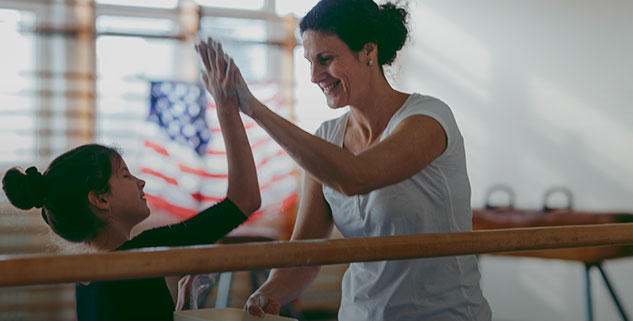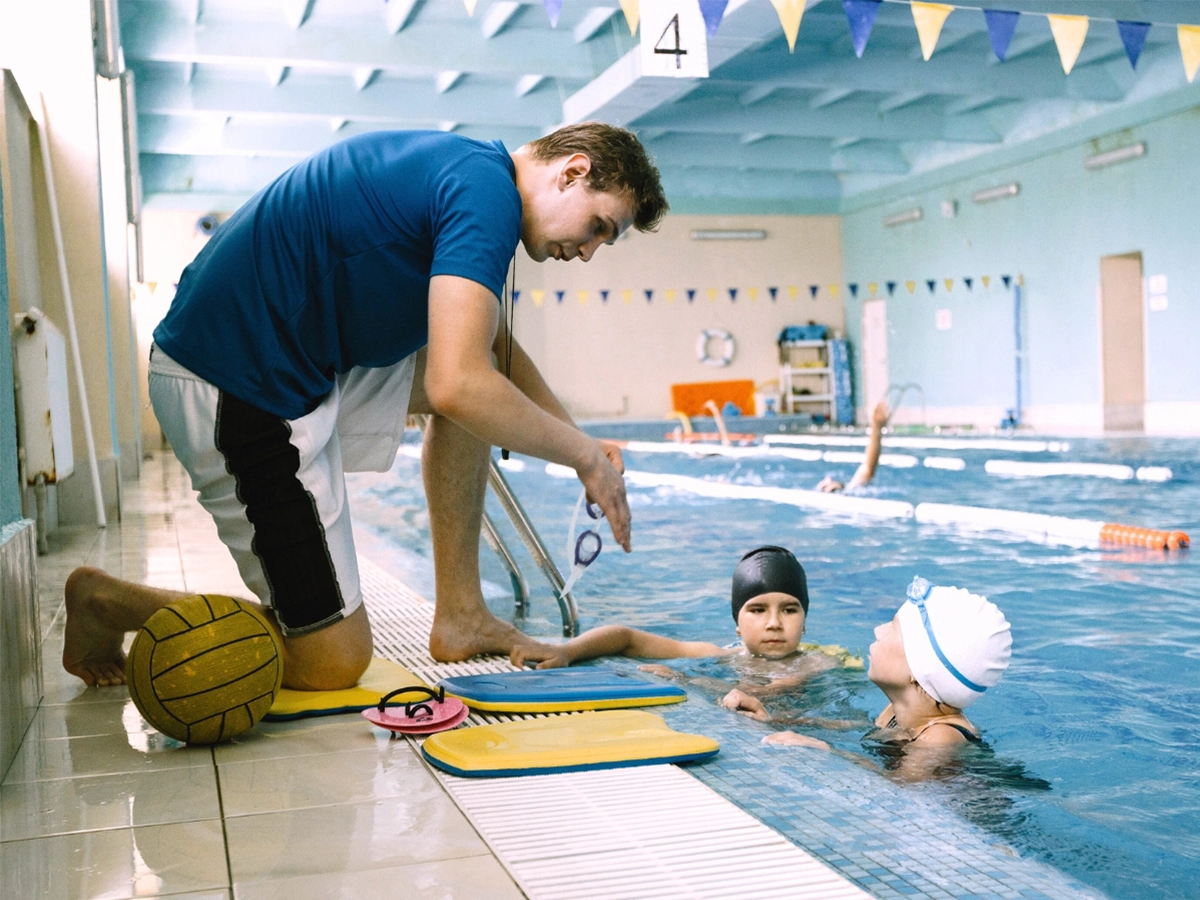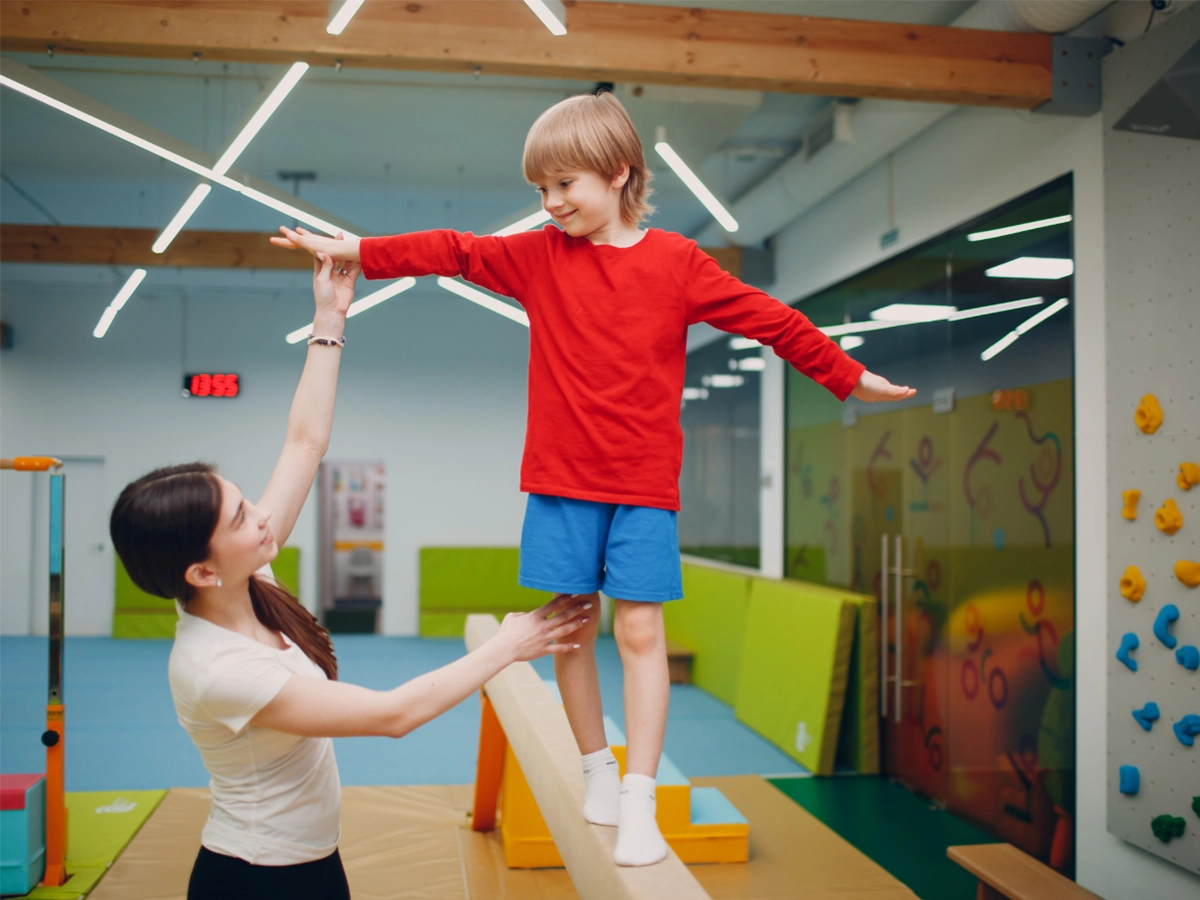We already know that the language you use when communicating with children can determine how much of what you’re saying they actually understand.
We also know that the phrases you use in your conversations can determine how communicative kids will be.
How we phrase questions can make kids – who may already be having confidence-self-esteem issues – feel anxious about sharing the details you’re asking about.
Before you go off thinking that this is too much tip-toeing around their feelings, think back to your childhood when you felt like any question from your parents about “how something went” was comparable to the Spanish Inquisition.
Then consider again, that you really should put serious thought behind the way you question your kids.
Encourage Instead of Intimidate
For example, “How did you do?” “How did it go?” “What did you learn?” may sound innocent to you but can be intimidating when consistently fired off at kids. Those who are immediately “interrogated” – as kids tend to think of it – may feel as though any answer but “the good one” will be met with disappointment. And the truth is, kids won’t have something great to report every day. Learning is a process. Skills are developed through demonstration, practice, correction and more practice. The process can be painful and messy on some days and exciting and rewarding on others. And despite these ups and downs, you can help kids work consistently at their skills by making sure they feel supported, encouraged and appreciated.
Work on Your Approach
I’m not saying that you shouldn’t ask questions. Just improve the way you do it.
A good approach is to start with something that isn’t a question at all. What about saying “I’m happy to see you” before launching into questions? Most of the time, saying this will give you a response with enough clues to figure out how you should proceed. You might try to open up a conversation with a request like “Tell me about your class.” You can keep the discussion flowing by continuing with “What was your favorite part?” or you can share something from your day so that the child will feel compelled to share with you.
Don’t feel like you have to use my exact questions. Your questions can be similar yet fit your situation. The most important thing is to remember your goal: to create a no-judgment zone where the child feels safe in talking about their experience. It’s an environment where they feel comfortable in sharing what they did, what they liked and didn’t like and one that will enable you to learn more about the genuine feelings the child has about progress or performance.
Allow A Little Silence
You may sense that the child needs a little quiet time. He or she may want to unwind and comprehend the experience before trying to convey the details to you. This also gives the child the choice of what is shared and when the sharing happens.
Improved Approach is Transformational
Creating this type of communication environment lets the child know that your acceptance is unconditional. The child will have no fears about sharing good, bad and mediocre details.
It’s amazing the difference that your thoughtful questions can make in a child’s openness. It can transform a defensive and anxious child into one that actually looks forward to conversations with you. It can inspire inner confidence by showing that you aren’t an interrogator but you’re an encourager and supporter.
Questions show that you are interested in them, but it is important to let kids know that you’re proud of them. Nothing works better for this than just telling them, “I’m proud of you!”
Your opinion, your attitude, your interest and your support is important to kids. There’s no doubt about it. With that knowledge, talk to them in ways that help them to grow and mature in their skills and lives.














